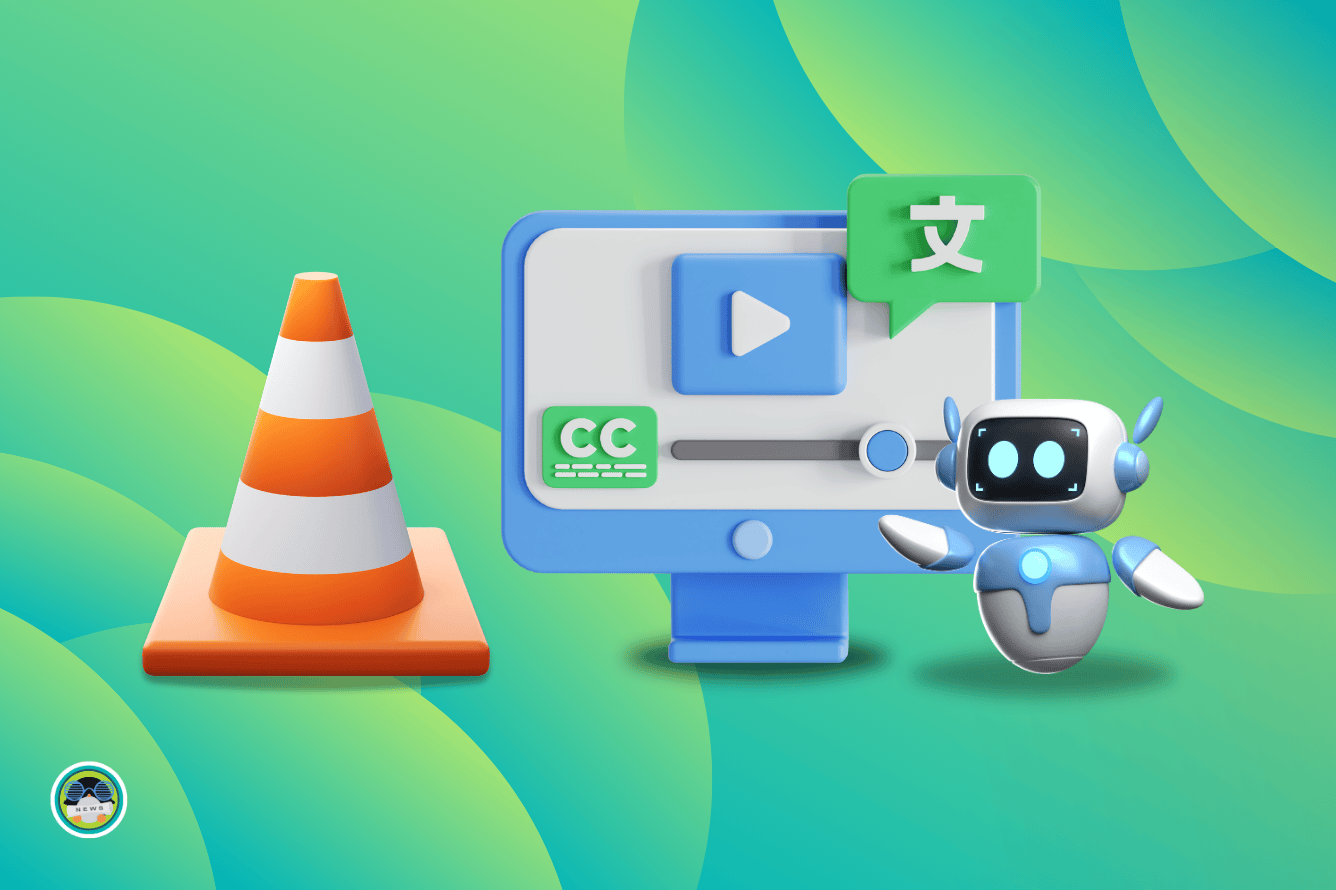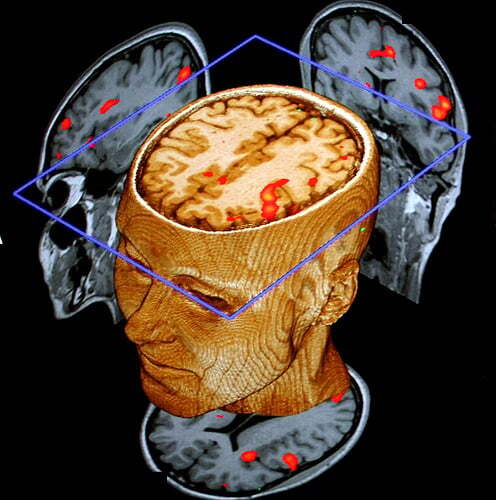Oh so that wasn't a joke from their booth.
This seems really out of place, but locally ran auto subtitles from ethically sourced AI would be great.
It's just that there's two very big conditions in that sentence there.
It won't be better than human translated ones but begter than no subtitles. I don't think even humans can make subtitles correctly without knowing context
Honestly, if it can generate subtitle files it'll be a huge benefit to people creating subtitles. It's way easier to start with bad subs and fix them than it is to write from scratch.
The whole knee jerk reaction against anything AI related is tiresome and utterly irrational. This seems like a perfectly legitimate use of technology. If I have a movie in a language I don't know and I can't find subs for it, then I'd much rather have AI subs than nothing at all.
Yea. Sometimes I just can't process what they are saying because of my adhd ass and subs really help.
It is probably good that OS community are exploring this however I'm not sure the technology is ready (or will ever be maybe) and it potentially undermines the labour intensive activity of producing high quality subtitling for accessibility.
I use them quite a lot and I've noticed they really struggle on key things like regional/national dialects, subject specific words and situations where context would allow improvement (e.g. a word invented solely in the universe of the media). So it's probably managing 95% accuracy which is that danger zone where its good enough that no one checks it but bad enough that it can be really confusing if you are reliant on then. If we care about accessibility we need to care about it being high quality.
While good quality subtitles are essential VLC can't ensure that, it's the responsibility of the production studio. AI subtitles on vlc are for those videos which doesn't have any sub (which are a lot). The pushback shouldn't be for vlc implementing AI, but production studios replacing translators or transcriber with AI (like crunchyroll tried last year).
Also while transcribing and subtitle editing is a labour intensive job, use of AI to help the editors shouldn't be discouraged, it can increase their productivity by automating repeatative tasks so that they can focus on better quality.
Agreed that the studios need to be held more accountable and their usage of AI is more problematic than open source last resort type work. I have noticed a degradation of quality in the last five years on mainstream sources.
However, the existence of this last resort tool will shift the dynamics of the "market" for the work that should be being done. Even in the open source community. There used to be an active community of people giving their voluntary labour to writing subtitles for those that lacked them (they may still be active I don't know). Are they as likely to do that if they think oh well it can be automatically done now?
The real challenge with the argument that it helps editors is the same as the challenge for Automated Driving. If something performs at 95% you actually end up deskilling and stepping down the attention focus and make it more likely to miss that 5% that requires manual intervention. I think it also has a material impact on the wellbeing of those doing the labour.
To be clear I'm not anti this at all but think we need to think carefully about the structures and processes around it to ensure it does lead to improvement in quality not just an improvement in quantity at the cost of quality.
This is not by default bad thing, if it is something you only use when you decide to do so, when you don't have other subtitles available tbh. I hate AI slop too but people just go to monkey brain rage mode when they read AI and stop processing any further information.
I'd still always prefer human translated subtitles if possible. However, right now I'm looking into translating entire book via LLM cause it would be only way to read that book, as it is not published in any language I speak. I speak English well enough, so I don't really need subtitles, just like to have them on so I won't miss anything.
For English language movies, I'd probably just watch them without subtitles if those were AI, as I don't really need them, more like nice to have in case I miss something. For languages I don't understand, it might be good, although I wager it will be quite bad for less common languages.
This means that they most likely went for lighter AI models that use fewer resources, so that they run smoothly without putting too much strain on the machine.
Pretty good. Captions are one of the legitimate uses of "AI".
I'm ready to deactivate it if it comes with any active component.
What do you mean by active component? Is processing the audio being played back to add subtitles active?
Is processing the audio being played back to add subtitles active?
Not sure where you are confused. If any part of this feature is active by default I will disable it.
Even non-AI subtitles are off by default, what exactly are you expecting to be on?
I have some older foreign films I'd like to watch that have like 0 subtitles, seems useful.
Im curious What makes what VLC is doing qualify as artificial intelligence instead of just an automated transcription plugin?
Automated transcription software has been around for decades, I totally understand getting in on the ai hype train but i guess I'm confused as to if software from years past like "dragon naturally speaking" or Shazam are also LLMs that predate openAI or is how those services worked to identify things different from how modern llms work?
Its a command line multimedia player. It's implementation is ideal for minimalists, and easily understood by reading the man pages.
It works very well imo.









